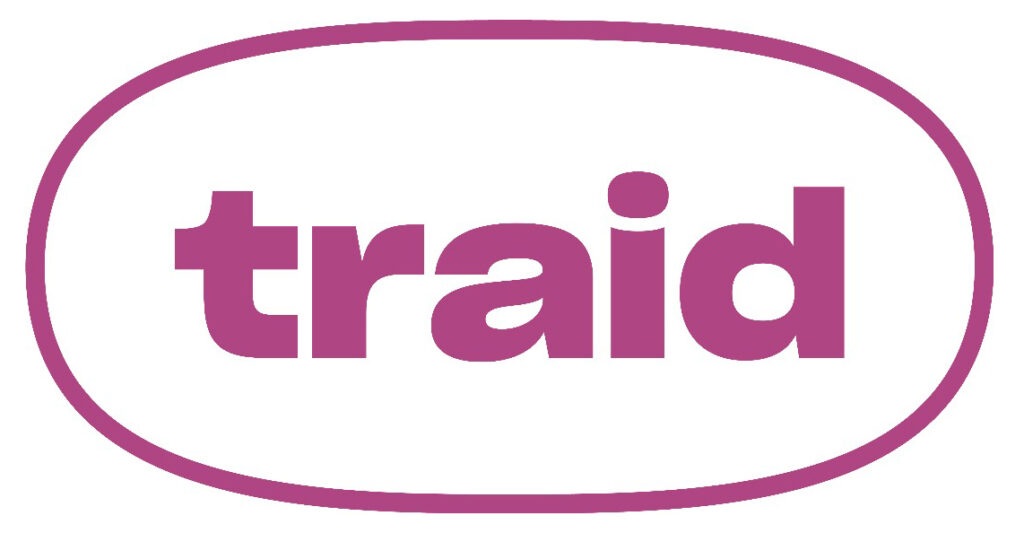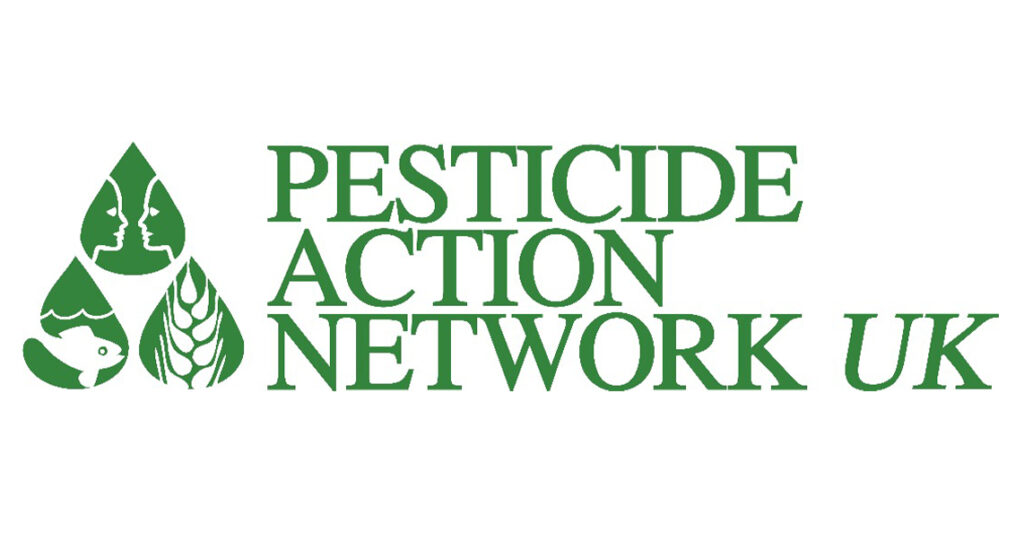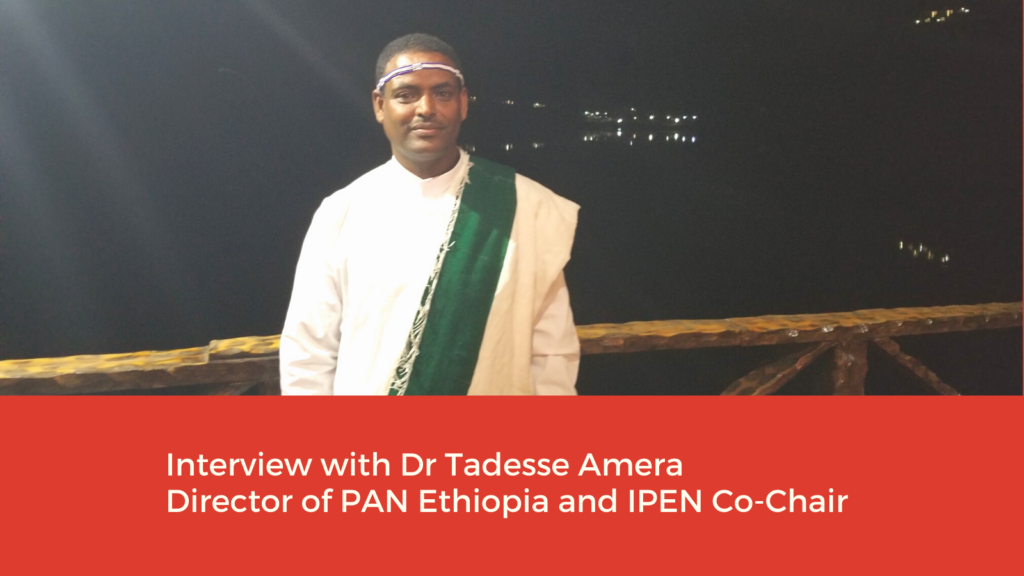01.
02.
03.
Message from the Executive Director
Pesticide Action Nexus Association (PAN Ethiopia) is a non-governmental organization established in 2005 and re-registered as an Ethiopian residents’ charity in accordance with the Charities and Societies Proclamation No. 1113/2011 of Ethiopia.
PAN-Ethiopia works on environment and development to contribute to the eradication of poverty in Ethiopia through raising awareness among the public in order to prevent the human health and environmental impacts of pesticides and other hazardous chemicals. This is achieved through close collaboration with government, non-governmental organizations, civil society interest groups, urban and rural communities.
PAN-Ethiopia has a Special Consultative Status with the Economic and Social Council (ECOSOC) of the United Nations since July 2012. Moreover, PAN-Ethiopia has an observer status at international chemical-related Multilateral Agreements (MEAs) and has contributed to global policy dialogues at the Basel, Rotterdam, and Stockholm (BRS) Conventions, the Minamata Convention, as well as the Inter-Governmental Negotiating Committees (INCs) aimed at developing an international legally binding instrument on plastic pollution including in marine environments.
PAN-Ethiopia also serves as the National NGOs Focal Point for the Global Framework on Chemicals (GFC) for a Planet Free of Harm from Chemicals and Waste.
Best known for its pioneering agroecology initiative that models organic alternatives to eliminate Highly Hazardous Pesticide (HHP) use in cotton cultivation in Southern Ethiopia. This initiative enables smallholder farmers to protect their health and environment from pesticide hazards while obtaining international organic certification improving their livelihoods.
The experience gained from organic cotton cultivation using agroecological alternatives has been extended to vegetable farmers in Central Rift Valley area where smallholder farmers have reduced HHP use by more than 80%. Similarly, this approach has been applied in North-Western Ethiopia to mitigate declines in bee colonies due to pesticide impacts resulting in positive outcomes.
In addressing other chemical issues, PAN-Ethiopia conducted Ethiopia’s first electrical and electronic waste (e-waste) inventory in 2020/2011 presenting findings outlining concerns related to e-waste management prompting regulatory action by Ethiopian Environmental Protection Authority which included provisions for Extended Producers Responsibility ratified by the Council of Ministers of Ethiopia in June 2018.
Furthermore, PAN-Ethiopia investigated lead levels present enamel decorative paints within Ethiopia revealing high lead content posing serious health risks across all age groups. These findings prompted regulations mandating elimination of lead-based paints from items available within Ethiopian markets.
In conclusion,PAN-Ethiopia collaborates with grassroots communities bringing local human health environmental issues related to chemicals onto global platforms such as Multilateral Environmental Agreements(MEAs). It ensures policies are effectively implemented promoting human health protection fostering a safer environment for future generations free from toxic hazards.
Thank you!
Dr. Tadesse Amera
Executive Director
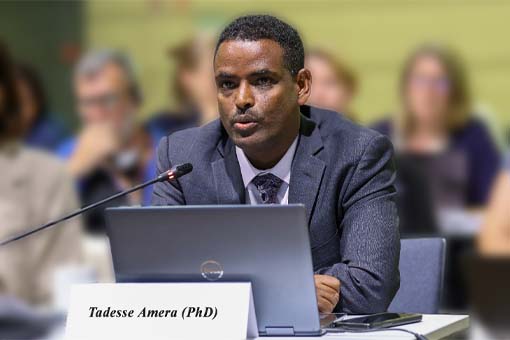
Cotton IPM Project
Helping farmers adopt organic alternatives, reduce pesticide use, and improve livelihoods.
More Bees Project
Promoting pollinator-friendly farming to support biodiversity and sustainable beekeeping.
Ecological Organic Agriculture– Pillar 2
Expanding organic farming education to reduce chemical dependency.
Make a Difference Today
Your support can create a lasting impact on the lives of those in need
Inspiring Transformation
Discover how our initiatives have brought positive change to people’s lives
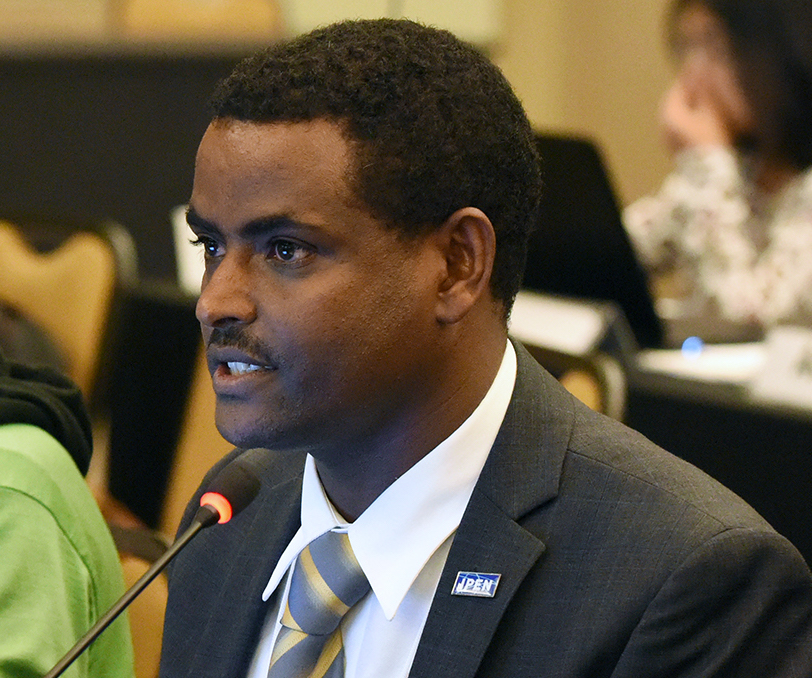
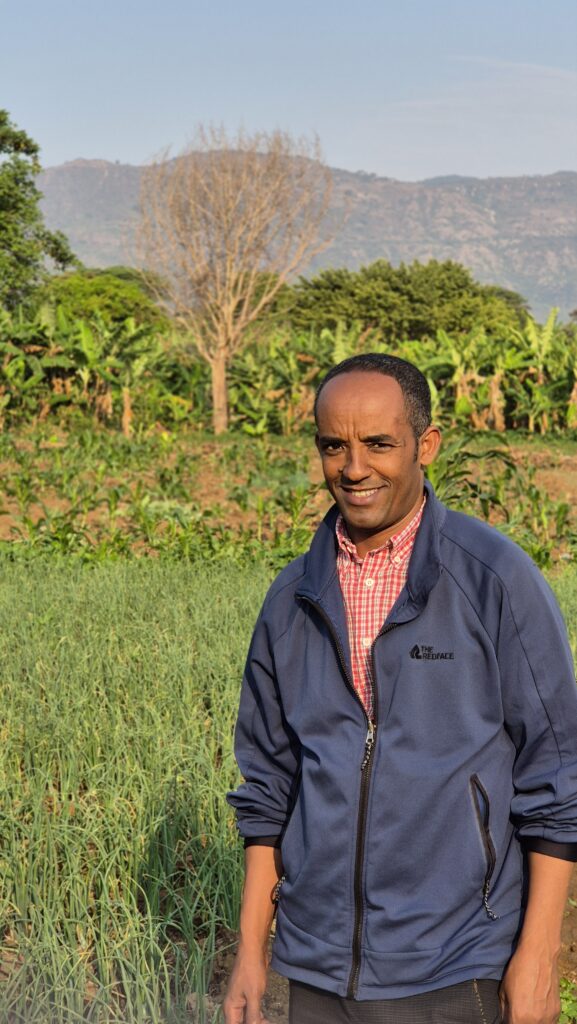
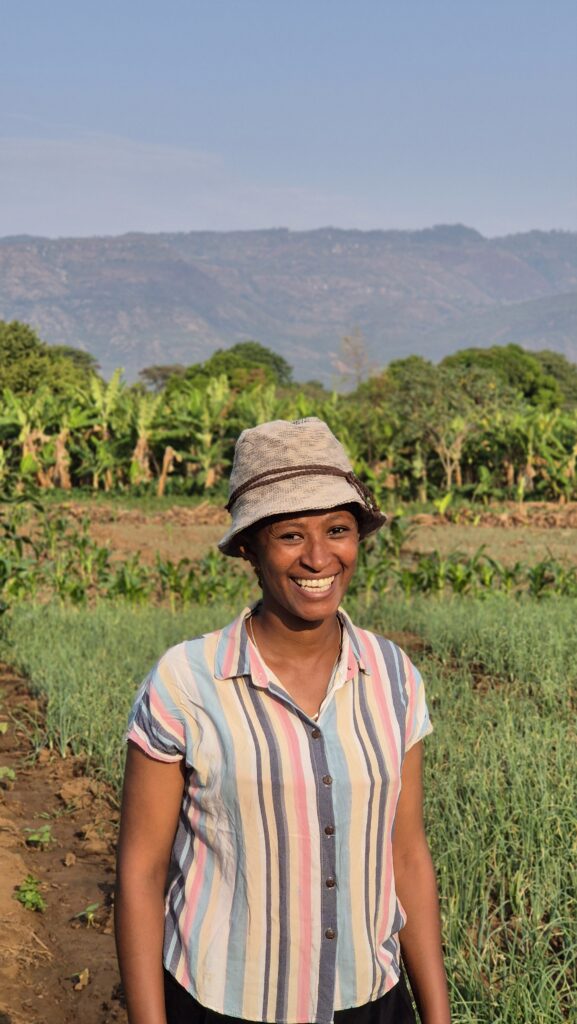


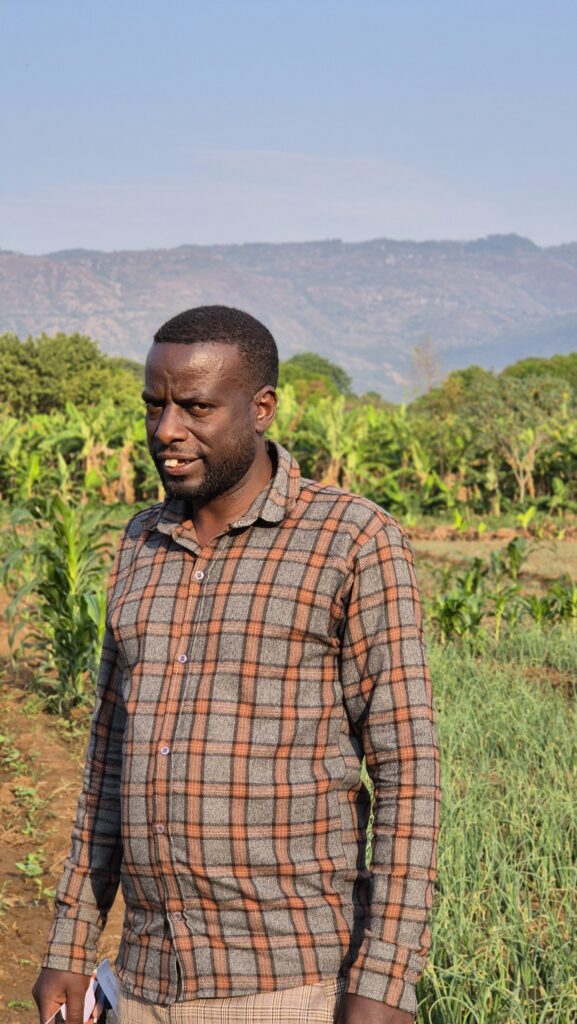
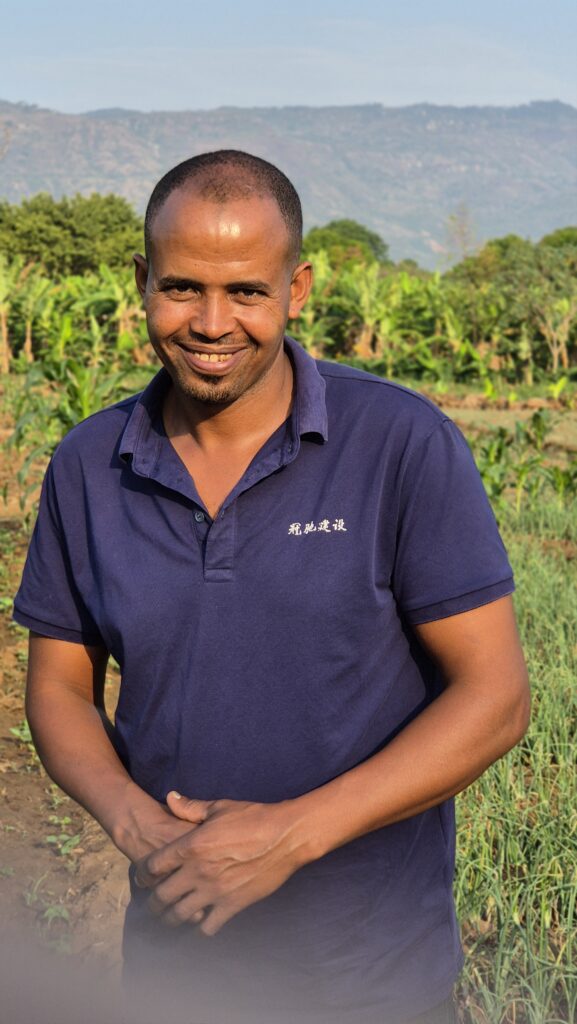

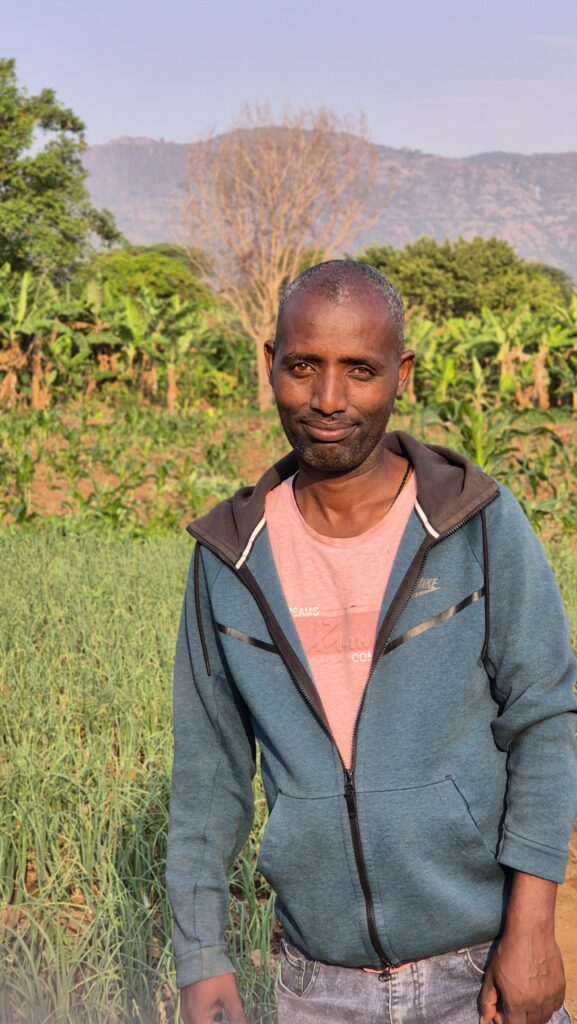
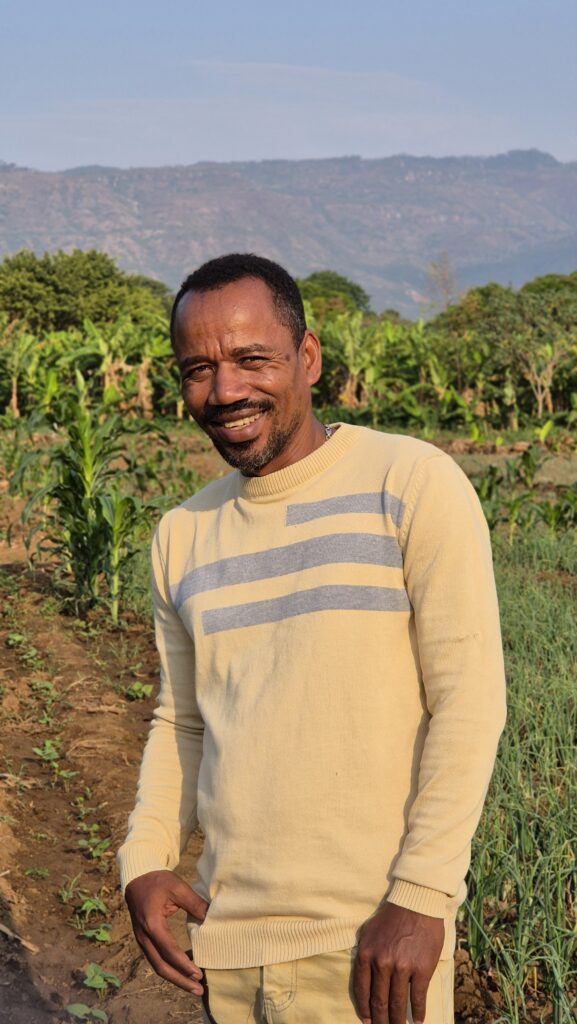

Our Donors
